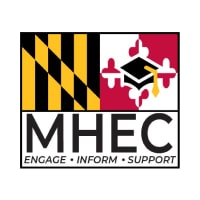Native American students have several scholarships available to them. Some of these scholarships are offered by the federal government, while others are offered by individual tribes or organizations. The amount and type of scholarship vary, but all aim to help Native American students achieve their education goals.
Native Americans are the indigenous peoples of the United States, Canada, and Mexico. They are often divided into two groups: those who live on reservations (indigenous people) and those who do not (urban Indians). There are about 5 million Native Americans in the United States, making up about 2% of the population. Native American tribes include the Apache, Cherokee, Cheyenne, Chippewa, Choctaw, Comanche, Iroquois, Lakota Sioux, and Navajo Nation.
Native Americans are the indigenous peoples of the United States, Canada, and Mexico. They are often divided into two groups: those who live on reservations (indigenous people) and those who do not (urban Indians). There are about 5 million Native Americans in the United States, making up about 2% of the population. Native American tribes include the Apache, Cherokee, Cheyenne, Chippewa, Choctaw, Comanche, Iroquois, Lakota Sioux, and Navajo Nation.
